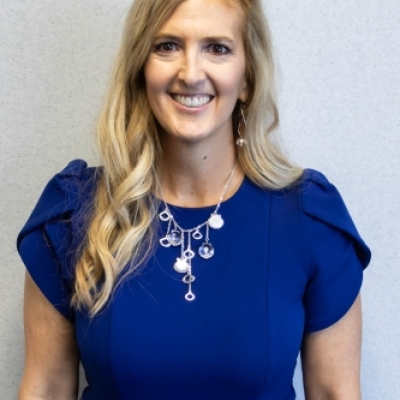A week ago, I posted this in response to Secretary Duncan's speech about education schools at Teachers College. Over the course of several days, there were 11 comments posted that, when printed out, clocked in at 20 pages (single spaced, mind you). What was all the ruckus, you ask?
It was a vigorous give-and-take between two loyal Flypaper readers, Ze'ev Wurman and Karl Wheatley. Ze'ev once served as Senior Adviser in the U.S. Department of Education and helped shape California's math standards; Karl is Associate Professor of Early Childhood Education at Cleveland State University. Their long-winded debate started when Karl took umbrage at my accusation that education schools often don't deliver what all teaching candidates need-namely, a thorough understanding of the content they'll be teaching. By mentioning E.D. Hirsch's work, I thought Duncan highlighted the need for content-prepared teachers and content-rich curriculum.
Karl insisted that education professors (after all, he is one) ARE listening on this front, but that Duncan's proposals have "shown a weak grasp of the issues and what works in education." Eschewing "teacher-dominated" instruction, Karl goes on to say that "educational approaches with integrated, interest-based, real-life curriculum, substantial student choice, local control, and authentic assessment simply work better in the long run." Further, he insists that, "pretending a teacher who has content knowledge is ???highly qualified' is like pretending a plumber who owns a wrench is a good plumber."
Then Ze'ev picks up the gauntlet and reminds Karl of the Project Follow Through Study (excuse this Wiki link; I can't find the original report on the web!). This was a long-running (and controversial) study of instructional methods that basically showed that direct instruction demonstrated positive academic results for students, especially when compared to other instructional models (including affective, "whole child" approaches). Ze'ev and Karl proceed to go back and forth debating the strengths and drawbacks of the Project Follow Through study and why direct instruction is and isn't a good idea. From there, the conversation twists and turns as each--quite passionately I might add--deliberate the findings of the National Reading Panel; the pros and cons of standardized testing; the problems associated with getting rid of weak teacher candidates; what ???proficient' means; the field of cognitive psychology; Eric Hanushek, Peter Sacks and Richard Allington; learning theory; the NAEP test; and even throw in references to Trivial Pursuit, Reid Lyon brainwashing, kvetching, and UFO observers.
I was worn slam out by about the 8th post but I plodded on.
I hate to minimize their behind-the-Fly deliberations, but in the end, it really boiled down to the differences between constructivist and traditionalist theories. And I found myself agreeing with Ze'ev, the more traditional of the two. Not only because I thought the evidence for his various arguments was more compelling, but also because I attended a couple education schools, taught in one of them, and used to supervise student teachers. In other words, I once drank the kool-aid of constructivism and student-centered learning that most education schools espouse. Then...I taught in an inner-city school and learned that kids needed to be both engaged in their learning (the constructivists have that right) but also need to know in a straightforward fashion what I know and they don't. Indeed, I concur with Ze'ev that students derive great pleasure in knowing content (most teachers will tell you that Jeopardy-inspired review games are a classroom favorite).
Then again, I found myself agreeing with Karl that it's mighty difficult for teacher educators to fail would-be teachers. The incentives just aren't there to fail a kid who doesn't have what it takes (especially when the ed school remedy is to ask them to re-take their student teaching experience, as if the second time is the charm-never mind that this only adds ammunition to the ed-schools-as-cash-cows argument). But I digress, just as Karl and Ze'ev did.
Flypaper readers, know that we enjoy hearing from you and do indeed read your comments (even the mini-dissertations)!
